Hi there. Welcome to Active Faults.
The last issue ended on a rather grim note. I concluded then that the rise of dating simulation games signifies an oncoming era where media can no longer be received properly. Entertainment content now has two jobs: narcotize or aggravate. The defining characteristics of the contemporary Viewer are hence escapist or spiteful. I strain to observe and comment on an unprecedented decline of genuine and inquisitive attention paid to cultural phenomena. The below are some examples, and where we could go from here.
Let’s start with a podcast episode I listened to. The host, an industry insider, enumerated neiyu’s OTT variety shows in the 2025 pipeline, and I nodded along to it thinking there are no surprises anywhere.
Tencent is planning on producing at least four separate singing programmes, clearly jealous of the attention that “歌手2024” had gotten. One of them harkens back to Super Girl (超级女声), China’s first idol reality, claiming that it will shine a spotlight on young female vocalists. Another two are international projects recruiting judges and contestants on a global scale, exploiting the “China vs. the World” marketing angle that “歌手2024” had set a precedent for. They also want to do a feel-good “slow reality” in rural villages and document the celebrities’ return to an idyllic, rustic life. Then there’s the new season of the actor-training programme “Everybody Stand By” (演员请就位), which will undoubtedly irritate viewers who already think none of these “208” know how to act.
Meanwhile, iQiyi is bringing the siblings dating show 恋爱兄妹 from South Korea over to neiyu, as well as producing a new show called “大娱乐家”, where celebrities join forces with social media influencers to create content. Over at Mango, people are gearing up for a project called “登陆可爱岛”. The concept of this is fascinating. They want to cast celebrities who are widely regarded as unlikable to live on an island, and see if they will win back the public’s favour. The producer of “再见爱人”, Liu Le, is apparently the mastermind behind this. You see how all of these either narcotize or aggravate or both?

Even then, I see more potential successes on the variety’s end than the film’s. The Chinese New Year box office was a bar brawl at best. The sequel to Chen Sicheng’s commercially successful “Detective Chinatown” (唐人街探案) series wasn’t quite the hit it wanted to be, even though they spent 500 million building a life-size Chinatown this time round. Everything else flopped impossibly harder. I was told by my WeChat Moments to avoid “Creation of the Gods II” (封神2) at all costs, and many felt betrayed since its predecessor in 2023 was a black horse that made a host of new generation actors famous. Xiao Zhan and his fans couldn’t singlehandedly buttress 射雕英雄传’s revenue (a meagre 600 million) or save its reputation, despite it being adapted from the canonical wuxianovel by Jin Yong and costing 400 million to make. It came as no surprise to me that Operation Hadal (蛟龙行动) was the biggest fiasco of them all. The billion-yuan propagandist action thriller grossed a little over 300 million, making it the heaviest loss in Chinese film history.
Among them, an outlier. Ne Zha 2 (哪吒2) broke every record possible and became the country’s highest-grossing film of all time. It now stands at No. 5 on the global tally, overtaking “Inside Out 2” as the most successful animation film worldwide. BBC’s piece on the movie is titled “Patriotism fuels Ne Zha 2 fans”, which I cannot help but laugh at. If anything, I think the complete opposite happened.
My generation grew up watching the mythological figure on television, as evolving technology pushed out iterations of his tale and persona in 1927, 1979, 2003 and 2016. As the reincarnation of a divine pearl of essence (灵珠), Ne Zha was born as a fully grown boy with celestial powers after gestating in his mother’s womb for three years. In most adaptations, Ne Zha fights evil forces to protect his town and sacrifices his life for his parents. His bratty charms, demigod might and tragic fate gives him the Gen Z spiritual icon status that rivals Sun Wukong the Monkey King. By 2019, the franchise’s director Jiaozi and his animation studio knew that their protagonist needed no introduction. Ne Zha 1 erupted the summer holiday box office despite a sizable distraction: that was when the theme song of Word of Honor (陈情令) was blasting from every shop window.
Ne Zha 1 was an off-kilter spin that took a lot of creative liberties, almost trampling on the classics. It leaned decisively into the characterisation of Ne Zha as the “Demon Child” (魔童), a temperamental, mischievous, freakish being with unbridled, mystical strength. At the same time, it was a deeply human portrayal. The boy was misunderstood, marginalised, loved without knowing how to express it back, lonely without knowing how not to be. The Frankenstein, the Quasimodo, the perfect anti-hero to empathise with.
Building on this fundamental duality, Ne Zha 2 is straight-up anarchist. The Demon Child continues to practice his own set of morals. He disregards and disobeys all the Taoist Masters, The Heavenly Court, his sanctified peers and an actual God, Immortal Wuliang, who——spoilers alert——turns out to be a villain. During the final battle, Wuliang confines him in a supposedly unbreakable Ding (鼎, traditional cauldron) and casts a spell that pierces his flesh if he dares to move. Ne Zha grits through the pain chanting “break” (破) as he blasts the cauldron open and shreds his toddler body. He matures into the Ne Zha we’ve known and worshipped. He is demonised at last. He reaches nirvana. Here is the film’s punchline:
“If there are no paths ahead, I will march on to make one; If heaven and earth do not allow [my existence], I will turn the universe [in my favour]!
若前方无路,我便踏出一条路!若天地不容,我便扭转这乾坤!
This is why patriotism is undeniably not what’s driving the film’s success. Ne Zha 2 celebrates the dissenter and the heretics, focusing on a character that’s anti-institution, anti-meritocracy, anti-bureaucracy, and anti-hypocrisy. Sure, I see viewers taking pride in entering the global charts with something made in China, but that article title is a misleading simplification. It effectively ignores how the film’s messaging is one of resistance and non-conformity. Here’s the theme song of the film (Extremely upbeat and rousing) edited with the highlights:
The franchise has repeatedly endorsed the reversal of the inevitable Fate (逆天改命), and having autonomy over one’s life. The tagline of Ne Zha 1 was “我命由我不由天”, “my fate is up to me and not the Sky”, broadly referring to divinities or external forces. The sequel took it a step further, and depicts the Sky as villainous, deceptive, self-serving and callous. As dictators. One of the major plot points of Ne Zha 2 is Wuliang’s suppression and re-education of “妖”, unruly monsters, claiming that orthodox Taoist teachings will guide them back on “proper roads” (正道), help them regulate their behaviour and contribute to society. It’s a lie. He burns them alive to concoct pills of immortality, and the remaining monsters revolt with Ne Zha in the end. Some have interpreted (citing evidence) this as a silent jab at America, but it could easily be another country. I wonder which one. Do you see how another set of dots can be drawn?

Ne Zha 2 earned 1.3 billion yuan because we want to live freely through the anti-hero. This generation didn’t gulp it down as chicken soup and watch it to feel inspired. What people crave is a moment of break (破) and release, of a new world with a new order that we burn to make way for. The Demon Child’s hysteria and fate-changing narrative arc is intensely satisfying to follow. The film is loyal to its two jobs: narcotize and aggravate, arousing emotional reactions with the aid of epic cinematography.
The visual impact of the film made me feel like I watched the Avengers, but with more dragons than robots. The production documentary reveals that Ne Zha 2 has over 1900 shots made from special effects, which is more than the total number of shots overall in Ne Zha 1. The 10-second clip of Ne Zha’s Ding-bursting blew 8 million from the budget and took technicians over a year to polish. Every frame was crafted meticulously, down to strands of hair that float underwater and the millions of chains that Wuliang used to bind the monsters. To achieve this, exhausted staff from Jiaozi’s studio were driven into resignations, claiming that they would rather work for a “996” company. Jiaozi himself worked 16-hour days, and the whole film took a 2000-people team three hibernating years to make. Apparently Jiaozi has gone off the grid again to kick off preparations for the last film in the trilogy.
Interestingly, the sequel’s consumer demographic has experienced a significant shift. According to this podcast episode by business analysts at YiMagazine, moviegoers in lower-tier cities propped up almost half of Ne Zha 2’s box office, when historical data shows that top-tier megalopolises are the backbone of the industry. Tier 3 cities accounted for around 17.5% of Ne Zha 1’s box office, and that number has risen to 25% for Ne Zha 2. Similar increases have been observed in Tier 4 and Tier 5 cities, as well as smaller towns and villages. Setting factors like inflated ticket prices aside, here’s a hypothesis I’m willing to make. Picture the nation’s labour force returning to their hometowns for the New Year’s. They go through a bittersweet reunion with their parents or maybe their children they’ve left behind. They take a portion out of their moderate salaries — earned in glassy offices in Beijing or Shanghai — to spend in holiday spirit. A feast, out of town trips, the movies. And Ne Zha 2 contains a message for them, made by workers like them. Resonance is felt on multiple levels.
A comment under this episode made an intriguing remark. They explained that the options for leisure activities are extremely limited in the Tier 4 city where they’re from. When the urbanites return and want quality time with their friends or family, movie-going is somewhat a last resort. Likewise, cinemas in lower-tiered cities rely on this tiny window of opportunity to fatten up for the off-peak lull. They need the homecoming of the culturally-minded and the general holiday mirth to survive better parts of the year. It’s a mutually dependent relationship. Authorities have noticed this cavity of cultural pastimes, and that’s why music festivals are charging into these areas. Cultural tourism (文旅) becomes a focal point of local governments. Spectacles need to be manufactured, because there are social and economic demands.
Do I think Ne Zha 2 is worth commenting on? Definitely. Do I love it? Not really. It's impressively done, but so much of the screenplay screams cishet men. Too many jokes made about piss, vomit, and body sizes. Ne Zha’s hands are almost always inexplicably in his pants. Ne Zha’s mum had to die to enrage him into maturation, because women are to be sacrificed for a greater goal. Shi Ji, a formidable monster in the form of a mountain, competes with her female mirror for “who’s the fairest of them all”. That conversation serves no purpose other than to establish that yes, that’s how women go through their womanish talks.
Meanwhile, the bromance between Ne Zha and his frenemy, Ao Bing, is relentlessly advertised to attract female danmei enthusiasts. Born out of the same pearl of essence, Ao Bing is quite literally Ne Zha’s other half. He’s the handsome, courteous son of the East Sea Dragon King, destined to avenge millennia of subordination that the Dragons suffered when they signed an unfair truce with the Gods. He befriended Ne Zha in the first film, their future feud and dilemmas unbeknownst to them. He was the only person powerful enough to be Ne Zha’s playmate, because the latter’s Herculean strength could turn his favourite toy, a “jianzi”, into a bulldozer that destroyed his house and wounded his mother. The solitude of a demon, seen and understood and accepted by an angel who shares a part of his soul. It’s truly impressive that such a shippable pair is created by (most likely) men.
Although their dynamics in Ne Zha 2 didn’t feel forced, it’s clear that Jiaozi doubled down on the “rottenness” of the ship. At one point, Ao Bing had to temporarily reside in Ne Zha’s corporeal body. They fight, make up, spare each other’s lives, bond over familial traumas and identity crises. The film draws to a close as the pair separates after the final battle. Ao Bing unwillingly goes away with his father before mustering up the courage and asks to “live on his own terms”. His father agrees and he returns to the shore to join Ne Zha on their quest to “change the world”, who had long been waiting for him with a knowing smile. It’s golden hour and the sky is painted a fiery hue. Ne Zha, in his demon form, now sports an edgy idol aesthetic. Ao Bing looks at him dotingly. A whole life of adventures and soulmatism awaits. The fan arts go wild. All of the tropes are being ticked off.
It feels like female viewers only enter the producers’ peripheral vision as cash cows. It’s apparent in how “藕饼cp” is curated as homoerotic, and also in subtle places like how Ao Bing’s father Ao Guang is characterised. When he turns into his human form for the first time, the entire theatre gasped out loud. A widower single father who’s hot enough for us to look past his problematic behaviours will certainly get widowed. His vulnerability becomes his charm, and then a talking point and an attraction, a reason to go into the cinemas. We’re being serviced and catered to without being respected.
Feminist groups on Douban, and other discursive spaces in general, have labeled the Ne Zha franchise as “老登电影”. The word “老登” is a Dongbei dialectical slang that specifically refers to cocksure, insensitive and grating middle-aged men. As a Dongbei native, I think the connotation of this word and the subtle disdain behind it will be lost in translation into even Mandarin, let alone English. The closest term might be “geezer” (derogatory). “老登电影” describes the likes of Wolf Warrior or the Wandering Earth (most things starring Wu Jing, let’s be real). Phallocentric films with male-dominated casts, male-dominated production teams, “masculine” subject matter, misogynistic humour, and blood-boiling plot lines to pamper the geezer in the audience. A lot of superhero franchises fall into this category. Avatar. Things that won’t pass the Bechdel Test. Hollywood.
Because of how destructive it is, “老登” quickly became a banned word on social media platforms, including its variations “中登” and 小登”. Searches of posts containing these words will yield no results. As per usual, it doesn’t stop the descriptor from catching on. It becomes an effective antigen that helps us identify what we should eliminate. It locates and gives language to an age-old discomfort. The critically acclaimed “Her Story”, 好东西, is widely considered as a counter-movement to “老登电影” with explicit feminist leanings. But that’s for next month’s issue.
The point is I’m sensing an irreversible change in the relationship between the entertainment supplier and the audience. We’re being serviced, catered to, endlessly appealed to, without being respected or expected to be intellectually engaged. They’re after our biological responses at first sight of the stimulant, because that translates to ROIs.
The likes of “Her Story” are few and far between. It won’t be able to fend off this tendency of injecting the audiences with either dopamine or fury, because otherwise things will flop. You should also listen to this podcast episode on the rise of the “短剧”, micro-dramas in the form of reels, that had an estimated market size of 50 billion in 2024. Over 500 million of the nation’s population are active viewers, which account for over half of total netizens. A single user’s average time spent consuming micro-dramas is 87 minutes per day. That’s a quarter of the country spending over an hour binge-doom-scrolling, enjoying satisfying stories of “me” slapping an evil mother-in-law, or being reborn as a nepo baby with three handsome suitors. You’re supposed to place yourself as the protagonist and live freely through them. Micro-dramas are solipsistic by default. The plots are always centred around “I”, and how my fate is reversed, bettered, perfected.
To tell you the truth, I’ve been secretly relieved that I didn’t get to pursue a doctorate degree in Chinese entertainment and fandom. I cannot imagine me three years into my studies, witnessing this profound metamorphosis of my research subject that will probably uproot my entire thesis. I’m glad I’ve created this alternative space with such versatility.
And right now, I want to know how Active Faults should go on in times like these. Should I experience the high myself and try to pinpoint the appeal, if any, beyond that it simply “makes me feel good about myself”? How can I retain the one thing that I must lose—objectivity, critical perspective—in order to experience it fully? Or, should I abandon anything that’s “catching on” right now, and dig around for localised, accidental moments of tenderness, reflexivity and community? Will those exist?
Maybe I should do both. Maybe only then will I bring this Substack to its optimum form, which is something that ebbs and flows and never stills.



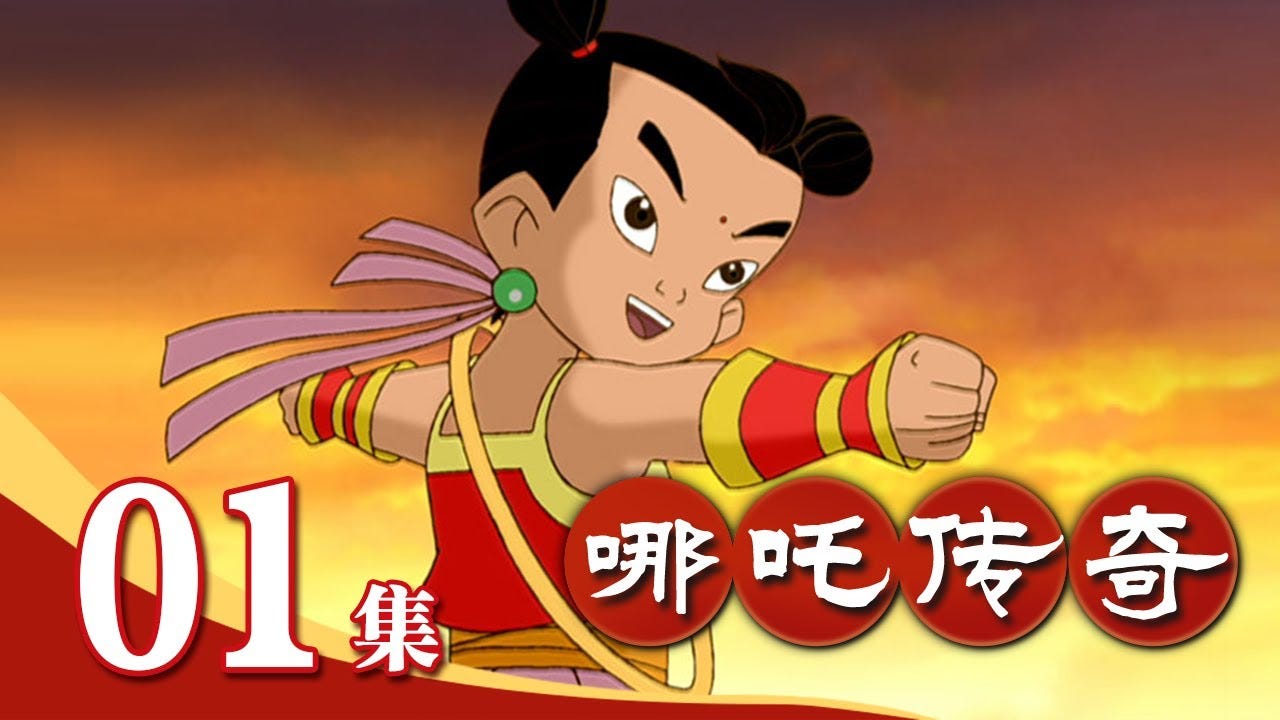
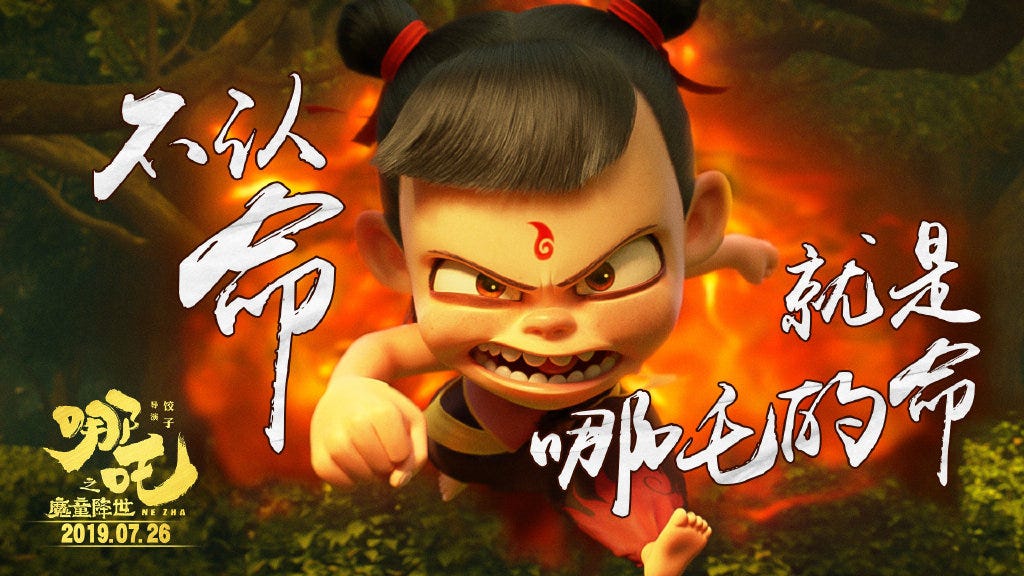
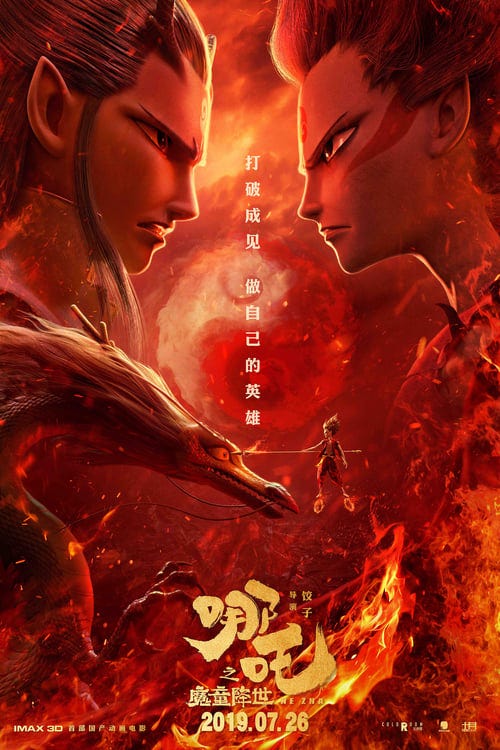
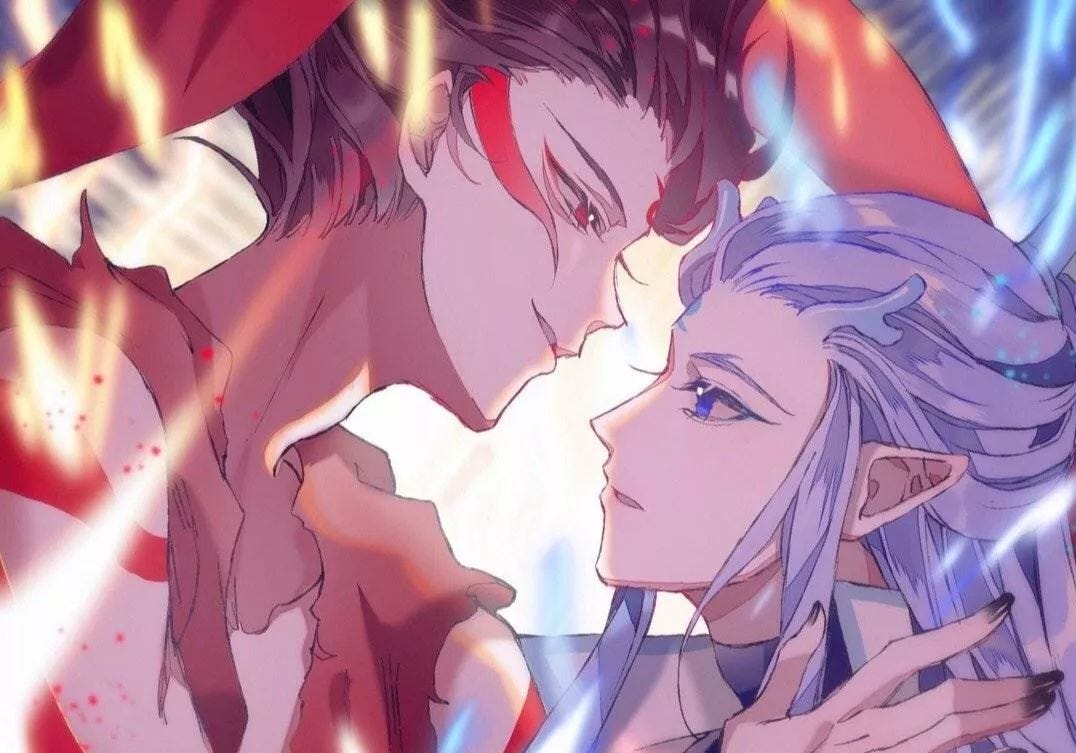
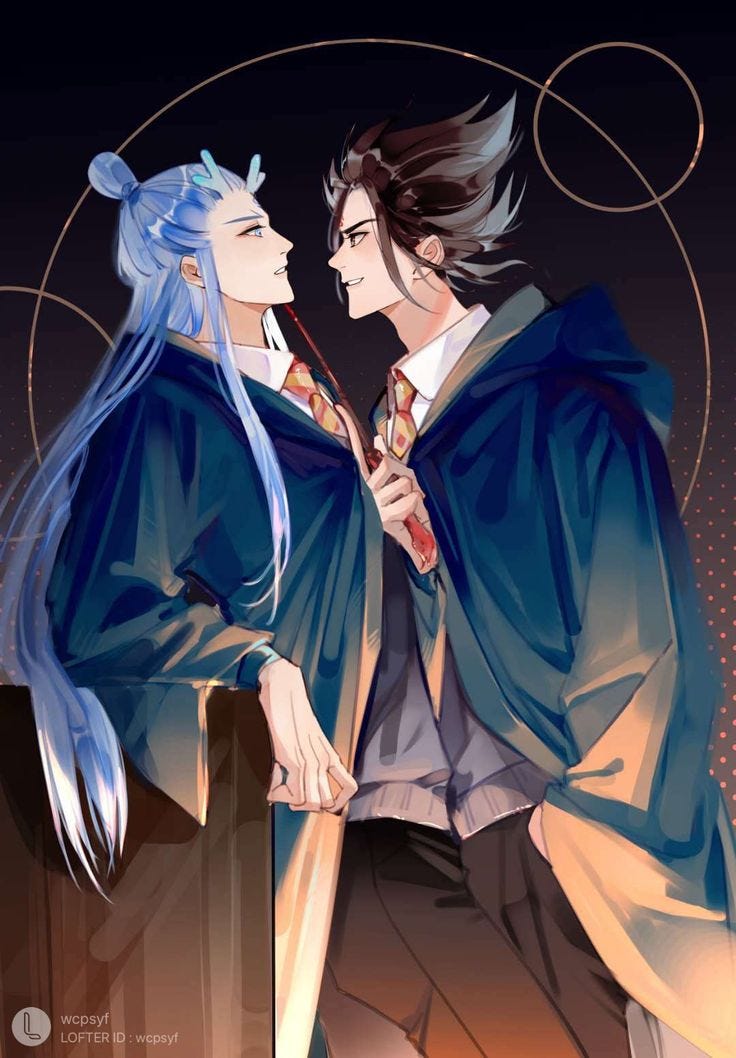
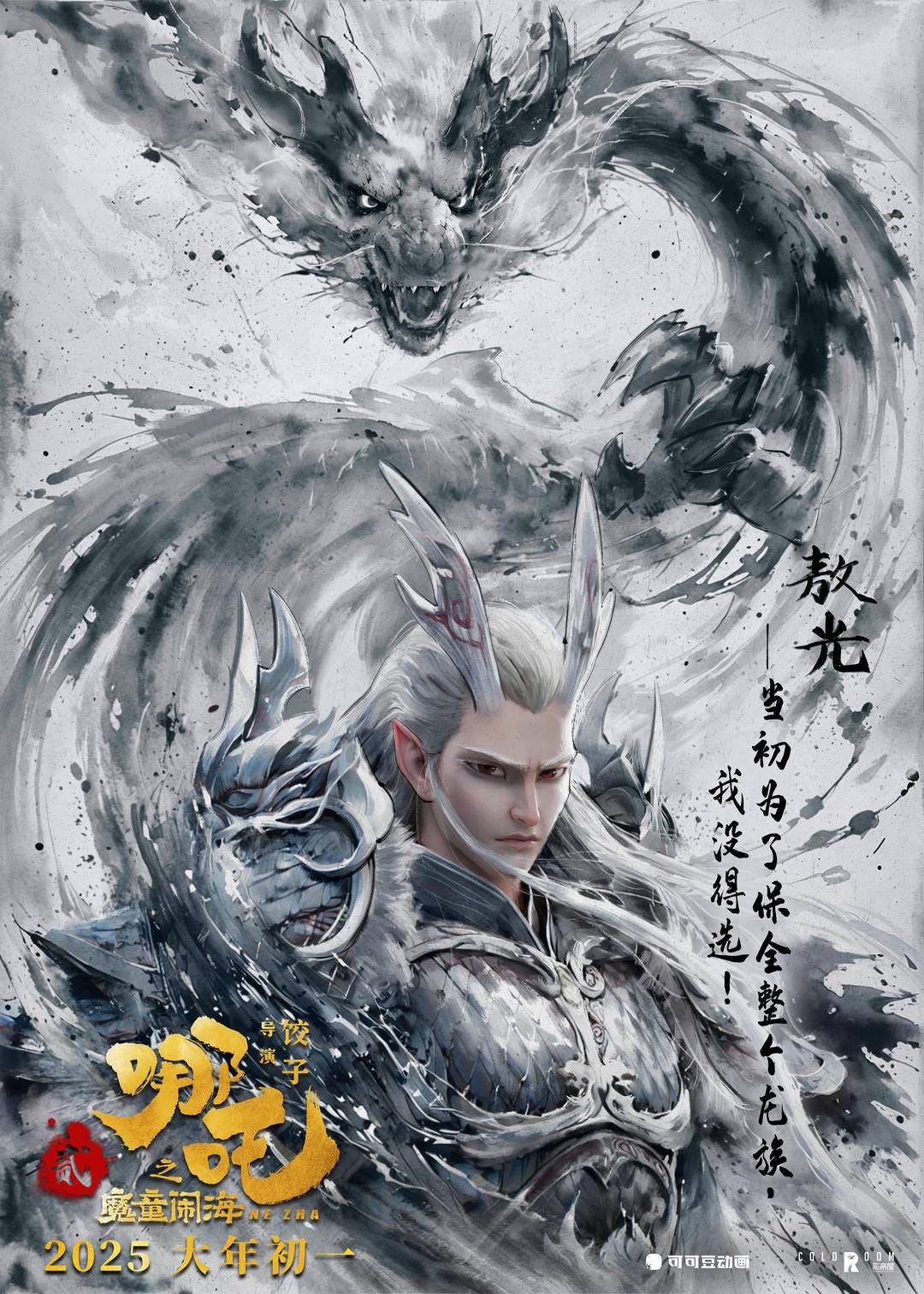

brilliant essay. I learn so much from your work that would otherwise be totally mysterious.
I’ve been quietly following your Substack. Your interesting observations, personal experiences, or insightful objective reflections, have been very enlightening to me. I'm excited to read more of your takes, as long as it's what you would like to share!